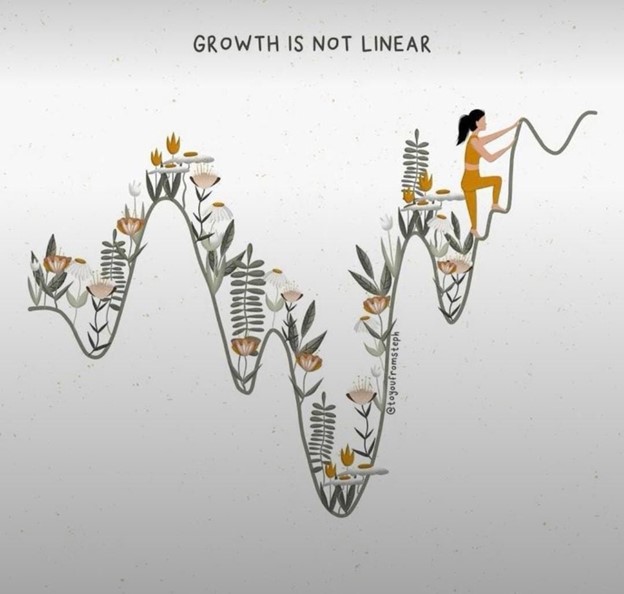Dr. Asma Naheed
Have you ever wondered why some families seem happier and more harmonious than others? What sets them apart? The answer lies in the concept of “well-being,” which encompasses both physical and psychological health, as well as the quality of relationships within the family.
The Importance of Family Well-being
Family well-being is a vital pillar of thriving societies. When families can make informed decisions, manage their basic needs, and tackle pressing issues, they are better equipped to lead happy, healthy lives. But what makes a family truly happy and well-rounded?
The Power of Traditions and Rituals
Children who grew up in happy families often attribute their happiness to small rituals and family traditions. These can be as simple as having a special meal together on certain days, celebrating birthdays with unique cakes, or taking traditional field trips. These customs provide a sense of belonging and security. Having dinner together regularly, despite busy schedules, allows families to bond and talk to each other. This simple act can have a profound impact on family well-being.
Parenting Styles: The Key to Happiness
Parenting styles play a crucial role in raising a happy and well-rounded family. Researchers have identified four main parenting styles: Authoritarian, Authoritative, Permissive, and Uninvolved. Positive Parenting, which balances structure and support, is the key to a happy family.
The Importance of Positive Parenting
Positive Parenting is about finding a balance between mind, body, and spirit. It allows children to experience self-regulation, knowing that it’s part of growing up. A cohesive family unites, learns, and grows together, while allowing each individual to explore and develop.
Healthy functioning parents serve their child’s well-being with unconditional love, personal space, and mutual respect. Our job as parents is to support our children, catch them when they fall, and help them grow. By instilling good values, being positive role models, and practicing mindful parenting, we can create a happy and harmonious family.
A happy family needs leaders and part-time superheroes, but most importantly, they need parents who are willing to show their flaws, emotions, and inabilities. By being human and vulnerable, we give our children permission to do the same. As Graham White said, “The most powerful way to change the world is to live in front of our children the way we would like the world to be.”







